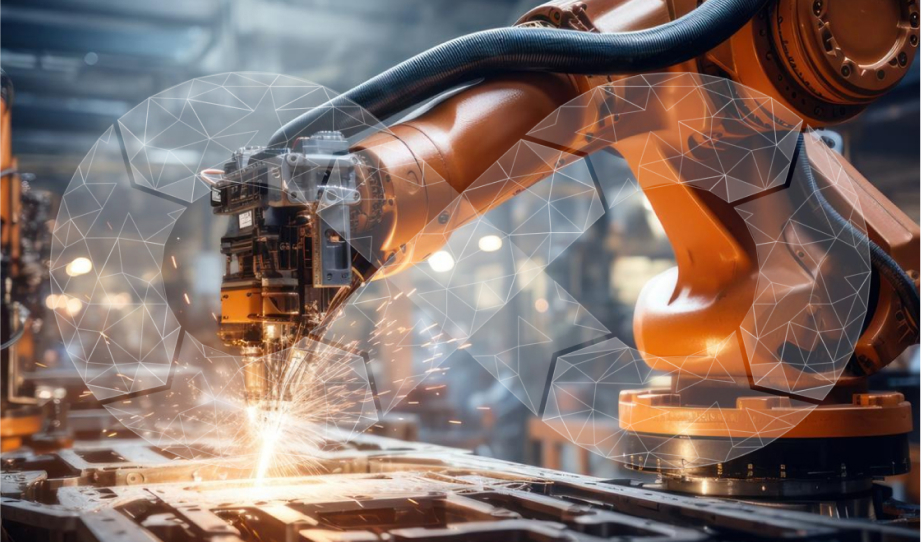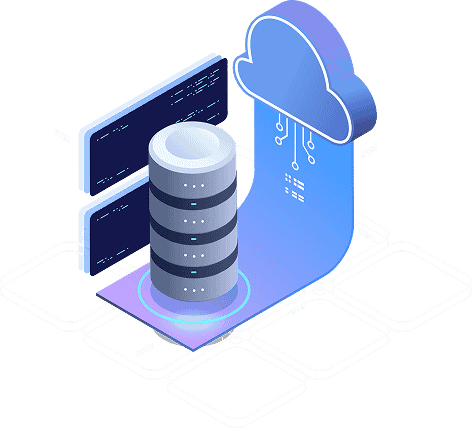Our Footprint
0+
Project Delivered
0+
Clients Worldwide
0+
Countries Served
0+
Savvy Experts
0+
Year Of Experience
What We Do?
We are a top cloud data engineering services company, helping businesses harness the full potential of cloud technology. Our expertise spans cloud data management services, ensuring seamless data storage, integration, and security while optimizing performance across cloud platforms.
As the best cloud data engineering company in India, we specialize in cloud data architecture services that provide scalable and resilient solutions for businesses. We design best custom cloud data solutions tailored to meet the evolving needs of enterprises, ensuring efficient data processing and analytics.
We offer end-to-end AWS data solution services and Azure data solution services, enabling businesses to leverage the power of cloud computing. From data migration to real-time processing and analytics, our solutions drive innovation and operational efficiency.

Our Esteemed Clients and Partners
Our Goal to solve your problems
A seamless blend of trust, innovation, and collaboration, where clients inspire and partners deliver exceptional results.




















Our Services
We design scalable cloud data solutions for seamless storage, processing, and real-time insights. Optimize performance with serverless computing and cloud-native platforms.
Cloud Data Services (AWS, Azure, GCP)
Our cloud data services empower businesses with AWS, Azure, and GCP solutions for seamless data storage, processing, and analytics. We enable secure, scalable, and high-performance cloud architectures tailored to business needs.
It has become essential for businesses to adopt multi-cloud strategies for seamless data operations, real-time insights, and enhanced business intelligence.
- End-to-end cloud data migration and integration
- Multi-cloud architecture design and optimization
- Real-time data analytics and business intelligence
- Scalable, cost-efficient cloud data management
- Advanced security and compliance solutions
- Automated cloud data monitoring and governance
- Seamless data pipeline orchestration across cloud providers
- High-performance data warehousing and lakehouse implementation
Serverless Computing for Data
Embrace serverless computing to streamline data processing and analytics without worrying about infrastructure management. Our serverless solutions help businesses build event-driven, scalable, and highly efficient cloud applications while reducing operational costs.
By leveraging AWS Lambda, Azure Functions, and Google Cloud Functions, we empower businesses with real-time data streaming, transformation, and analytics for improved decision-making.
- Fully managed, event-driven data workflows
- Cost-efficient, auto-scaling architectures
- Real-time data transformation and processing
- Serverless ETL pipelines for large-scale data workloads
- Integration with AI, ML, and analytics platforms
- Optimized data processing with cloud-native functions
- Reduced infrastructure complexity and management overhead
- Secure, compliant, and scalable serverless deployments
Cloud-Native Data Platforms
We design and implement cloud-native data platforms that drive agility, scalability, and performance for businesses. Our solutions include data lakes, warehouses, and cloud-native architectures to support real-time analytics and machine learning workloads.
As organizations transition to cloud-first strategies, we ensure robust, secure, and optimized data ecosystems that seamlessly integrate with AWS, Azure, and GCP environments.
- Scalable cloud-native data architecture for enterprises
- Seamless integration with AWS, Azure, and GCP ecosystems
- Optimized for AI, machine learning, and advanced analytics
- End-to-end support for data lakes, warehouses, and lakehouses
- Automated data governance and security compliance
- Cloud-native ETL, data pipelines, and real-time streaming
- High-performance, cost-efficient cloud storage solutions
- Hybrid cloud and multi-cloud compatibility for flexible deployments
Your Partner in Industrial Excellence.
We empower industries with cutting-edge automation and innovative solutions. Our expertise ensures efficiency, precision, and excellence in every process.













Technologies
We use advanced technologies to build secure, scalable, and high-performance solutions, driving innovation and digital transformation.












Words From Our Clients
We take pride in delivering top-notch services, ensuring client satisfaction and long-term success. Hear from those who trust us.
0+
Clients Worldwide
0+
Customer Retention
Why Choose us?
We are committed to delivering excellence through expertise, innovation, and tailored solutions. Our approach ensures reliability, scalability, and security to meet diverse business needs.
Expertise & Innovation
Our team brings deep industry knowledge and cutting-edge technology to drive impactful digital solutions for businesses.
Customization & Scalability
We design flexible and scalable solutions that adapt to business growth and evolving requirements seamlessly.
Security & Compliance
Our robust security framework ensures compliance with industry standards, protecting data integrity and privacy.
Reliability & Support
With dedicated support and consistent performance, we build long-term partnerships based on trust and reliability.
Coding Innovation, Delivering Impact.
We craft cutting-edge software solutions that drive innovation and create meaningful impact. Our expertise transforms ideas into powerful digital experiences.
Transforming Challenges into Success.
We assist businesses by turning obstacles into opportunities with innovative technology. Our tailored solutions drive growth and efficiency across industries.
Start your journey towards successful software design and development with complete data security measures.

We had love to hear from you
Let’s Connect for a Successful Digital Transformation Journey.

Fill Out the form and we’ll be in touch
Our Blogs
Stay ahead with insights on the latest industry trends, innovative technologies, and best practices in digital transformation.

India’s First Zero-Commission Hotel Booking Platform
The hospitality industry in India is evolving, but many low-budget hotels, Dharamshala, and cottages…

How Can Data and Automation Assist with Sustainability in Your Business
The entire world is facing the inevitable digital transformation, which has not just changed…

Adding Automation in DevOps for Thriving AI Models
DevOps, as the name suggests, is a coordinated approach that integrates software development and…






















